Are you wondering what vegetables and herbs are safe for your rabbit to eat? How can you make sure you’re providing a balanced diet for your bunny? Rabbits are adorable pets that need a well-balanced diet to stay healthy and happy.
Just like people, rabbits benefit from a variety of foods, including fresh vegetables and herbs. It’s important for rabbit owners to know which foods are safe and nutritious for their furry friends. Getting to know the right amount and variety of foods can make a big difference in your rabbit’s diet.
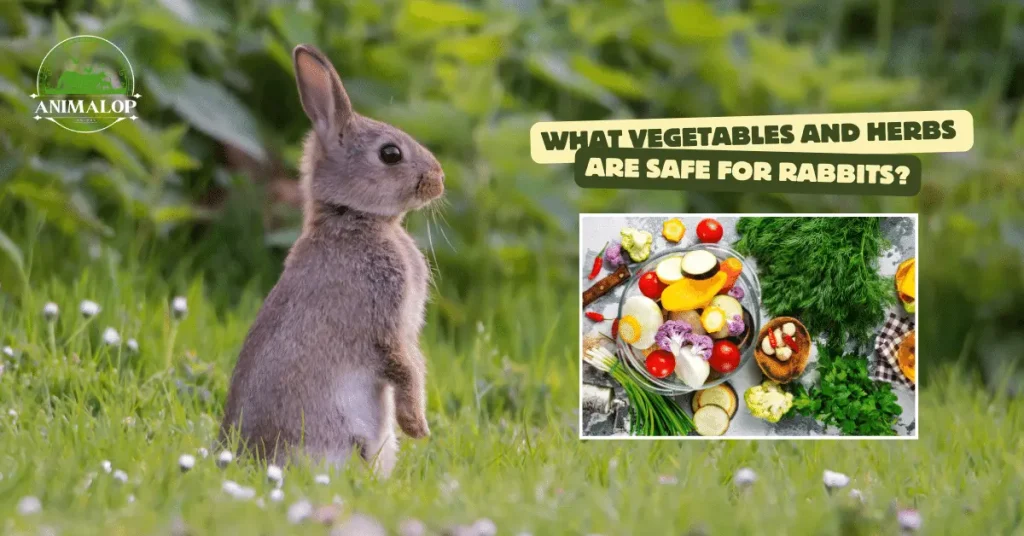
Can Rabbits Eat Bell Peppers?
Rabbits can eat bell peppers. They are a good source of vitamins and minerals and can be fed to your rabbit raw or cooked. Bell peppers are especially high in vitamin C, which is good for their health.
However, they should only have a small amount, like a couple of tablespoons a day, if your rabbit is around two kilograms. Also, get to know about the safe fruits for rabbits.
Benefits of Bell Peppers for Rabbits
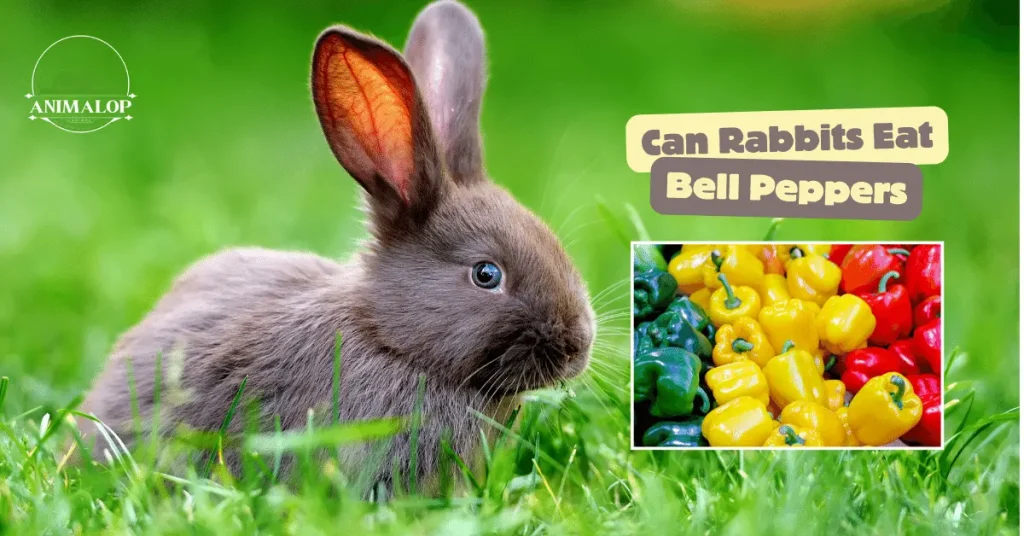
They Help Rabbits See a Better
Bell peppers can improve a rabbit’s eyesight, which is especially useful at night or in low light.
They Help with Digestion
Bell peppers are good for a rabbit’s digestive system because they have fiber, which keeps their intestines running smoothly. They also have antioxidants that can kill harmful bacteria in their guts.
They Improve Skin Health
The antioxidants in bell peppers can protect a rabbit’s skin from bacteria and toxins, reducing skin problems like acne and eczema.
They Strengthen Muscles
Bell peppers are good for muscle strength due to their fiber and protein content. This helps rabbits stay quick and agile.
They Prevent Anemia
Bell peppers contain vitamin K, which is crucial for making healthy blood cells and preventing anemia.
They Support the Nervous System
The antioxidants in bell peppers can protect a rabbit’s brain cells from damage, helping their nervous system stay healthy.
They Strengthen Bones
Manganese in bell peppers helps build strong bones and maintain bone density, preventing issues like osteoporosis.
They Reduce Cancer Risk
Antioxidants in bell peppers can reduce the risk of cancer by neutralizing harmful substances that could damage the rabbit’s cells.
Can Rabbits Eat Radishes?
Rabbits can eat radishes, but only in small amounts. Here’s what you need to know about feeding radishes to your rabbit.
Radishes come in two parts: the root and the leafy tops. Both are safe for rabbits. The root is the round part that is usually pink and white, and the leafy top is the green part. Rabbits can eat different types of radishes, like red, Daikon, and white radishes.
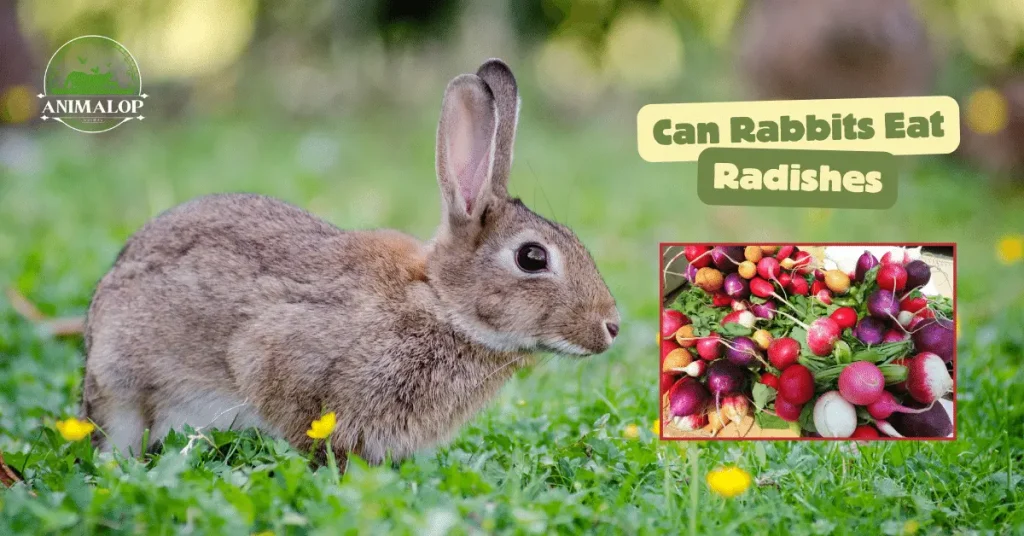
Although radishes are safe, they have nutrients that could be harmful in large amounts. It’s best to give more radish tops than roots to your rabbit. You can chop up some radish tops and mix them into your rabbit’s daily salad. Aim to give about a cup of salad per day, and increase this amount for bigger rabbits.
When adding radish tops to the salad, avoid mixing them with high-oxalate vegetables like spinach, parsley, or beet greens. Oxalate can cause health problems like kidney or bladder stones if rabbits eat too much of it. Instead, mix radish greens with safer veggies like bok choy, watercress, or green leaf lettuce.
You can give radish greens to your rabbit every day, but give radish roots less often, maybe one or two small radishes a few times a week as a treat. Start with a small piece to see how your rabbit handles it. If your rabbit seems upset or sick after eating radishes, stop giving them and stick to other foods.
Explore what vegetables can chickens eat.
Health Benefits Of Radishes for Rabbits
Radishes are good for rabbits if you add them to their diet the right way.
Radishes mostly have carbs, which include both fiber and a little sugar. This is great for rabbits because they need a lot of fiber and not much sugar.
Radishes also have a good mix of vitamins and minerals. They have several B vitamins and lots of vitamin C. In terms of minerals, radishes provide iron, calcium, magnesium, manganese, phosphorus, potassium, and zinc.
It’s good to note that radishes don’t have a lot of calcium, which is beneficial because too much calcium can be harmful to rabbits.
Radishes are also generally easy for rabbits to digest, so they shouldn’t cause stomach issues as long as they’re given in the right amounts.
Adding radishes to your rabbit’s diet can be a nice way to vary their food and keep them happy.
Can Rabbits Eat Courgette?
Zucchini is good for rabbits because it has low calories and sugar, which avoids the problems that often come from feeding them fruit. It’s packed with vitamins, minerals, fiber, and water, all of which help with digestion and can improve heart health.
Make sure to only feed your rabbit raw zucchini. Start with small amounts to let your rabbit get used to it. It’s also important to feed zucchini in moderation to avoid messing up your rabbit’s diet. All parts of the zucchini are safe for rabbits to eat. Just remember to slice it thinly and wash it well before giving it to your rabbit.
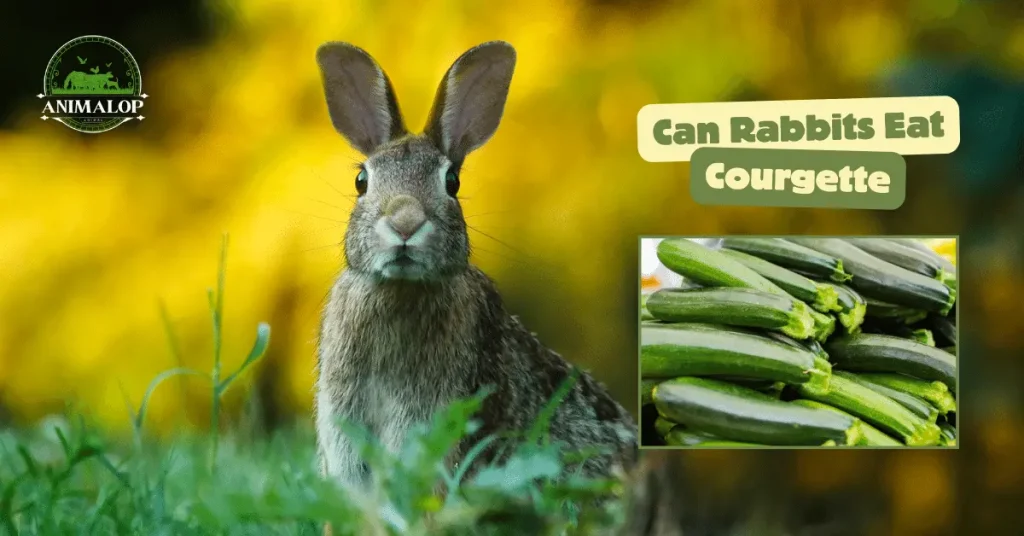
Dietary Benefits of Zucchini for Rabbits
Zucchini is a great choice for rabbits because it’s packed with nutrients and has a lot of water and fiber but is low in calories. Here’s a breakdown of why it’s good for your rabbit:
Full of Important Nutrients
Zucchini has lots of potassium, which is essential for a rabbit’s digestion. A lack of potassium can cause health problems in rabbits. Zucchini also has many other good nutrients such as:
- Manganese
- Folate
- Phosphorus
- Magnesium
- Vitamin B
- Vitamin A
- Vitamin K
- Thiamine
It also contains smaller amounts of zinc, iron, as well as other B vitamins.
Lots of Water and Fiber
Rabbits need a diet high in fiber for good digestion, and zucchini is a great source of fiber. It also has a lot of water, which helps keep your rabbit hydrated.
Low in Calories
Zucchini is low in calories. This is good because it means you can feed your rabbit zucchini without worrying about it gaining too much weight. A whole zucchini only has about 55 calories.
Good for the Heart
Studies have shown that zucchini can help reduce the risk of heart disease. This is because it has high levels of good cholesterol, which is linked to lower heart disease risk. Also, since zucchini is low in calories, it helps keep your rabbit’s diet healthy and balanced.
Can Rabbits Eat Brussel Sprouts?
rabbits can eat Brussels sprouts, but only in small amounts. Brussels sprouts are packed with vitamins and minerals that rabbits enjoy, but too much can upset their stomach.
Health Benefits of Brussels Sprouts for Rabbits
Nutrients Galore
Brussels sprouts are like tiny cabbages full of important vitamins like A, C, and K. Each of these vitamins helps keep your rabbit healthy in different ways.
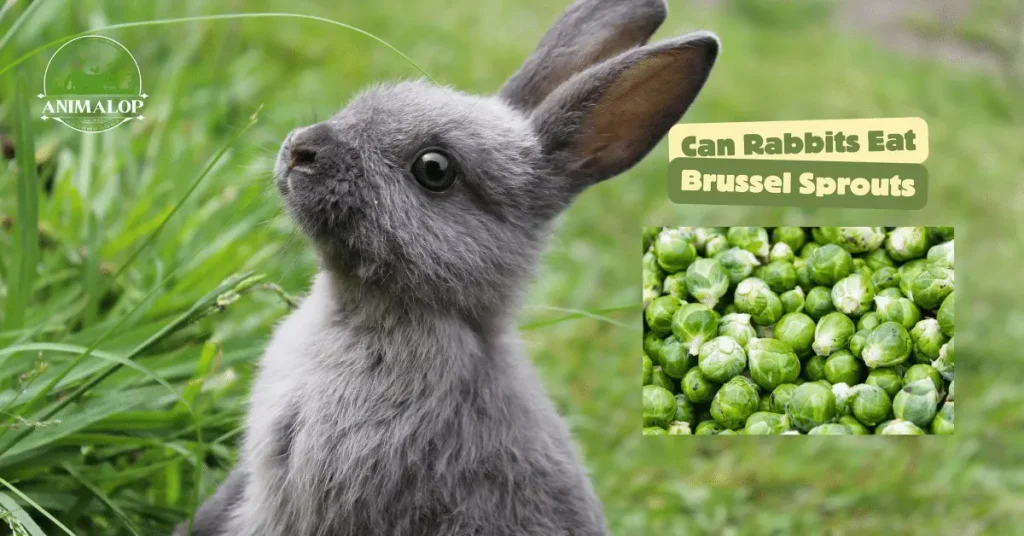
Good for Teeth
Chewing on Brussels sprouts helps keep your rabbit’s teeth in check. Their hard texture helps wear down their teeth, which prevents them from getting too long. Just remember to give these in moderation to help keep your rabbit’s teeth healthy without overdoing it.
Helps Maintain Weight and Energy
Brussels sprouts have a moderate amount of calories, which can help your rabbit keep a healthy weight while giving them energy for hopping around.
Strengthens Immune System
The vitamin C in Brussels sprouts is great for boosting your rabbit’s immune system and helping them fight off sickness.
Get to know more about what fruits are safe for chickens.
Can Rabbits Eat Corn Cobs?
Rabbits should not eat corn cobs. Corn cobs are not good for rabbits and can be harmful.
These benefits are as follows:
- Corn cobs don’t provide any nutrients that are beneficial to rabbits.
- The cob part of the corn is like a hard, woody column that rabbits can’t digest properly.
- Rabbits are great at digesting grass and herbs, but they can’t break down tough fibers like those in corn cobs. Eating them can lead to serious digestive blockages.
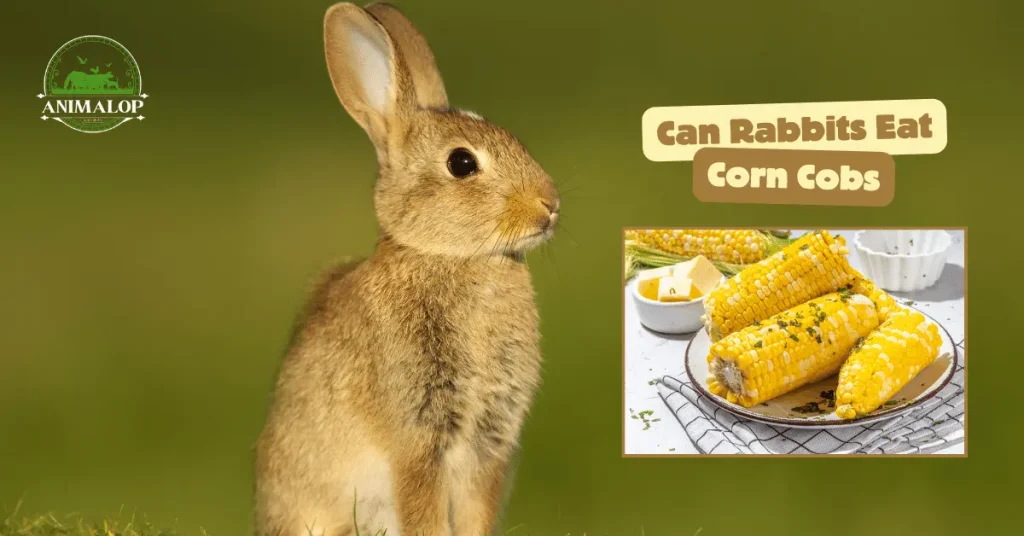
Can Corn Cobs Be Dental Toys For Rabbits?
Corn cobs are not safe for rabbits, even though some people might think they make good chew toys for them. Rabbits need to chew on things to keep their teeth from growing too long since their teeth can grow between 1.3mm to 3mm a week.
However, corn cobs are not suitable for this. They’re too soft and not abrasive enough to help with wearing down the teeth. Instead, when rabbits chew on corn cobs, they might break off and swallow small pieces.
This can lead to blockages or other serious digestive problems. So, it’s better to avoid using corn cobs as dental toys for rabbits.
Can Rabbits Eat Arugula?
Rabbits can eat arugula, and it’s pretty good for them. You can give them arugula a few times a week, but not every day, because too much can be harmful.
Arugula is low in calories and has a lot of vitamins and minerals like vitamins C, A, and K, which are great for rabbits’ health. However, it also has a lot of calcium, which can be a problem if rabbits eat too much of it because it can raise their blood calcium levels too high.
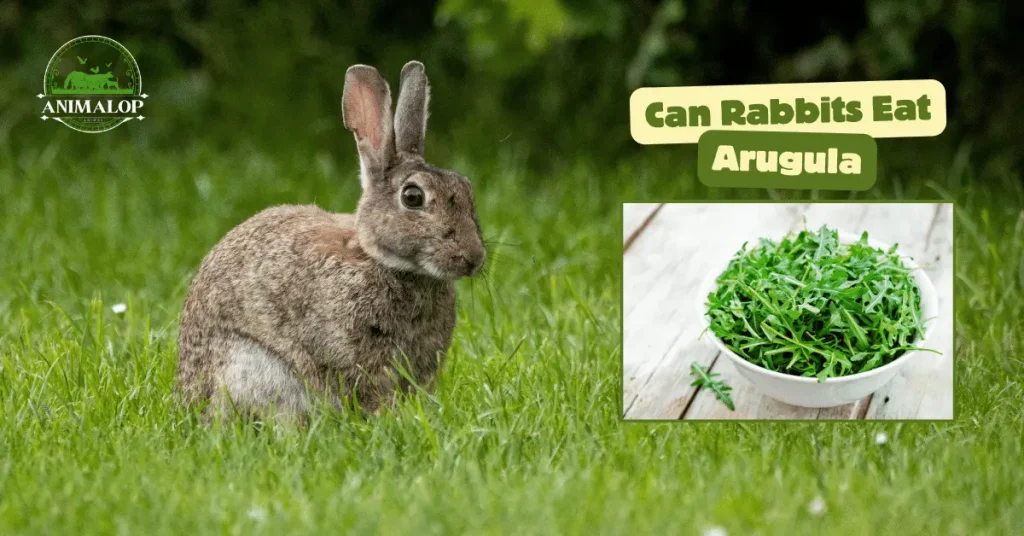
Benefits of Feeding Arugula to Rabbits
- Vitamin K helps keep their bones strong and helps their blood clot properly, which is important as they get older and more prone to arthritis and fractures.
- Antioxidants like vitamin A help fight off diseases, which is good because rabbits can get sick easily, especially with respiratory illnesses.
- Vitamin C helps heal wounds, which is useful for rabbits that get sores on their feet.
- Folate helps make new red blood cells, which is important for rabbits, especially if they’ve been sick or have had parasites.
- Arugula has a lot of water, which helps keep rabbits hydrated. This is important for preventing kidney and bladder issues.
- It also has potassium and magnesium, which help keep a rabbit’s body functions running smoothly.
Rabbits usually love the peppery taste of arugula, and it’s crunchy, which they enjoy. So, while arugula can be a nice treat for your rabbit and has many health benefits, just make sure to give it in moderation and not make it the main part of their diet.
Can Rabbits Eat Cilantro?
Cilantro is a safe and healthy herb for rabbits. It’s easy to find in stores and you can also grow it in your garden. This makes it a handy option for rabbit owners who want to offer their pets a variety of foods.
Cilantro is packed with good stuff for rabbits. It has vitamins like vitamin C, A, and B-complex vitamins, which are all important for your rabbit’s health. It also has minerals like iron, potassium, and a bit of calcium.
One cool thing about cilantro is that it might help reduce swelling because it can bind to certain harmful molecules in the body. This can be especially helpful if your rabbit gets hurt.
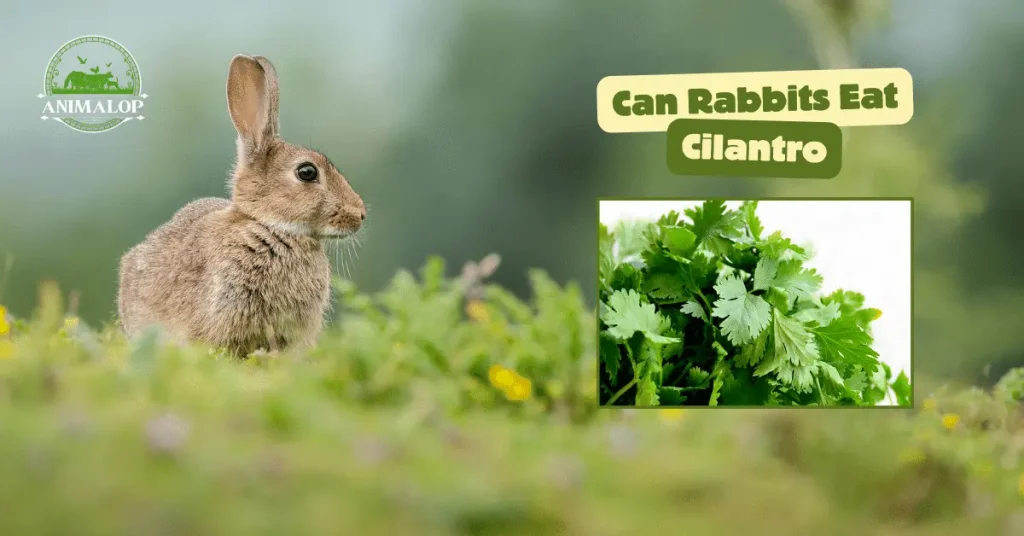
Health Benefits Of Cilantro
- It’s got a good mix of protein, a small amount of healthy fats, and some carbs which are mostly fiber, not sugar.
- Cilantro is especially rich in vitamin K, more than many other vegetables.
- It also contains other minerals like manganese, magnesium, phosphorus, zinc, and a little sodium.
However, because cilantro does have some calcium, it’s important to not go overboard with it. Too much calcium can be a problem for rabbits.
But overall, cilantro is great for boosting their health and adding variety to their diet. Given how much rabbits tend to like cilantro, it’s almost a must to include it in their meals from time to time.
Final Thoughts
My rabbits have a varied diet and I always make sure they get a mix of vegetables, herbs, and leafy greens. Bell peppers, cilantro, and arugula are all good options, each providing great health benefits.
However, it’s important to balance their diet and not overdo any one food, especially those high in calcium. Feeding them a range of foods not only keeps them healthy but also happy and interested in their meals.
Meta desc
Learn about safe foods for rabbits, including bell peppers, cilantro, and arugula, and how to balance their diet for health and happiness.

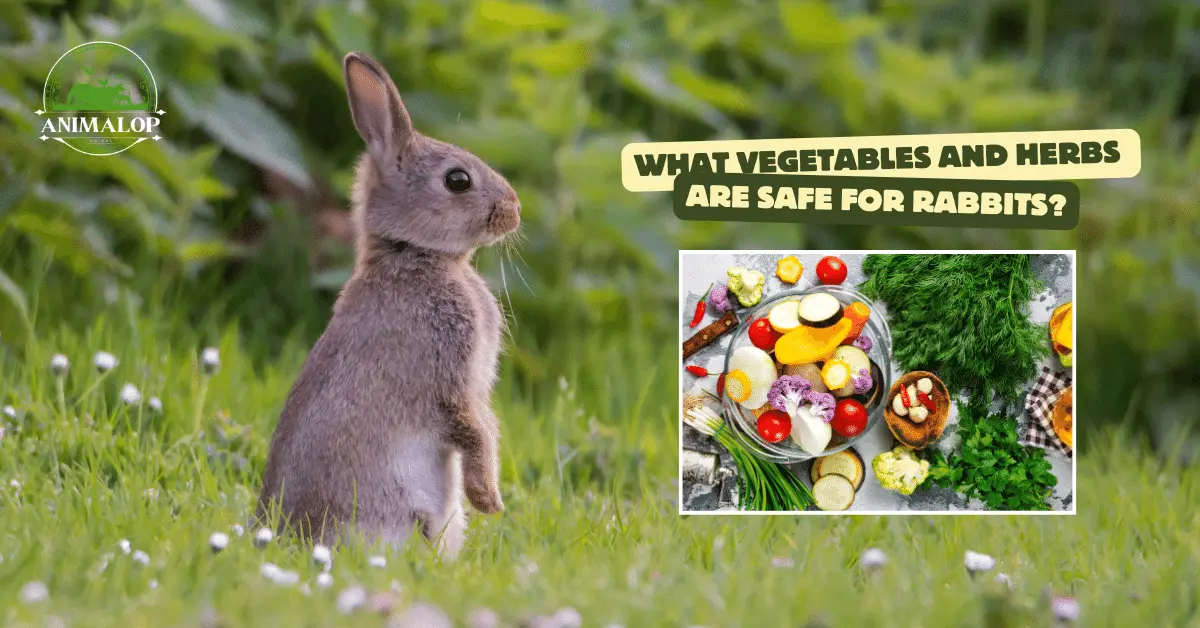
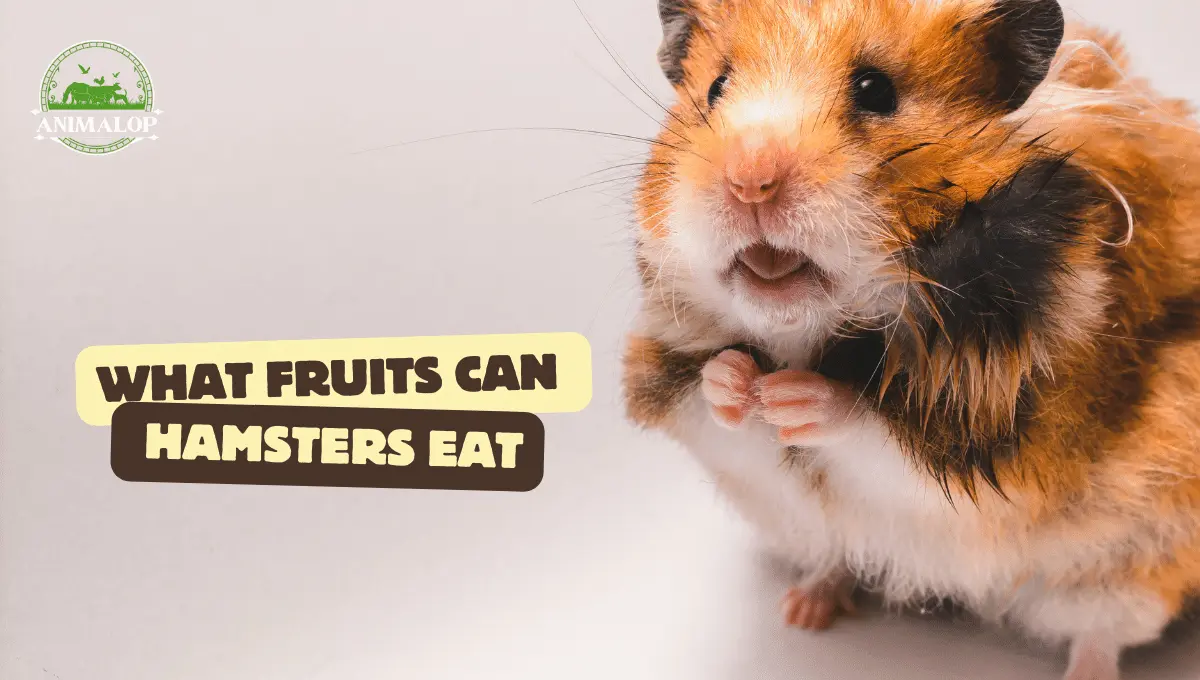
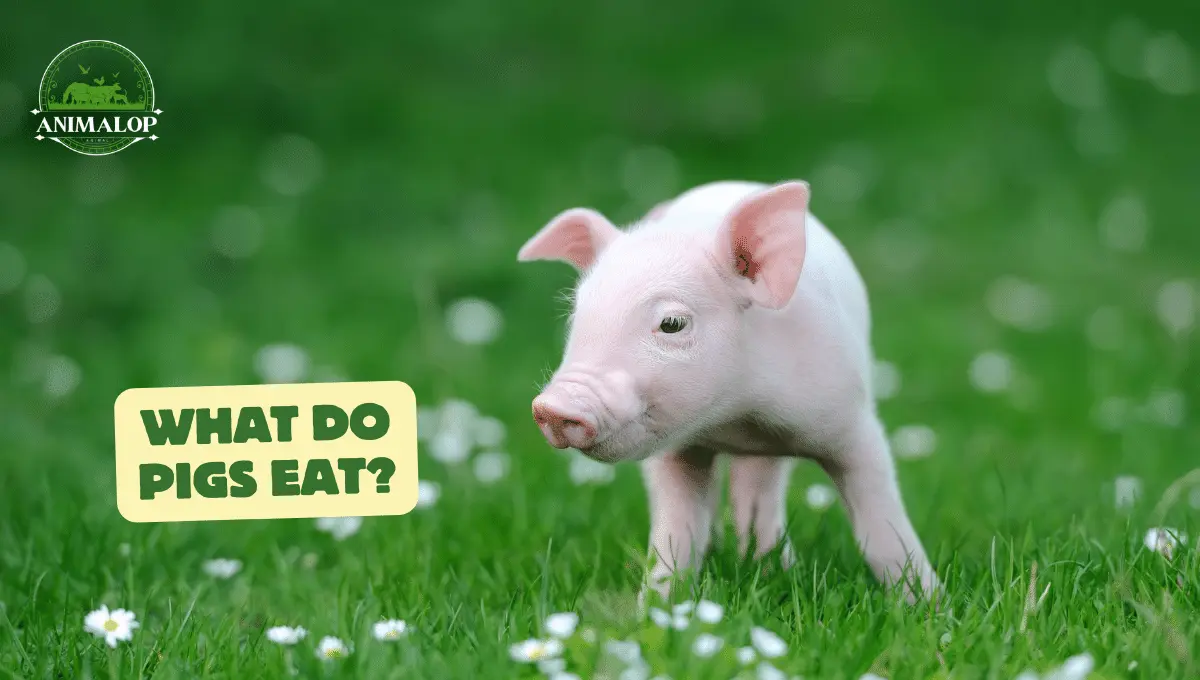
3 Comments on “What Vegetables And Herbs Are Safe For Rabbits?”